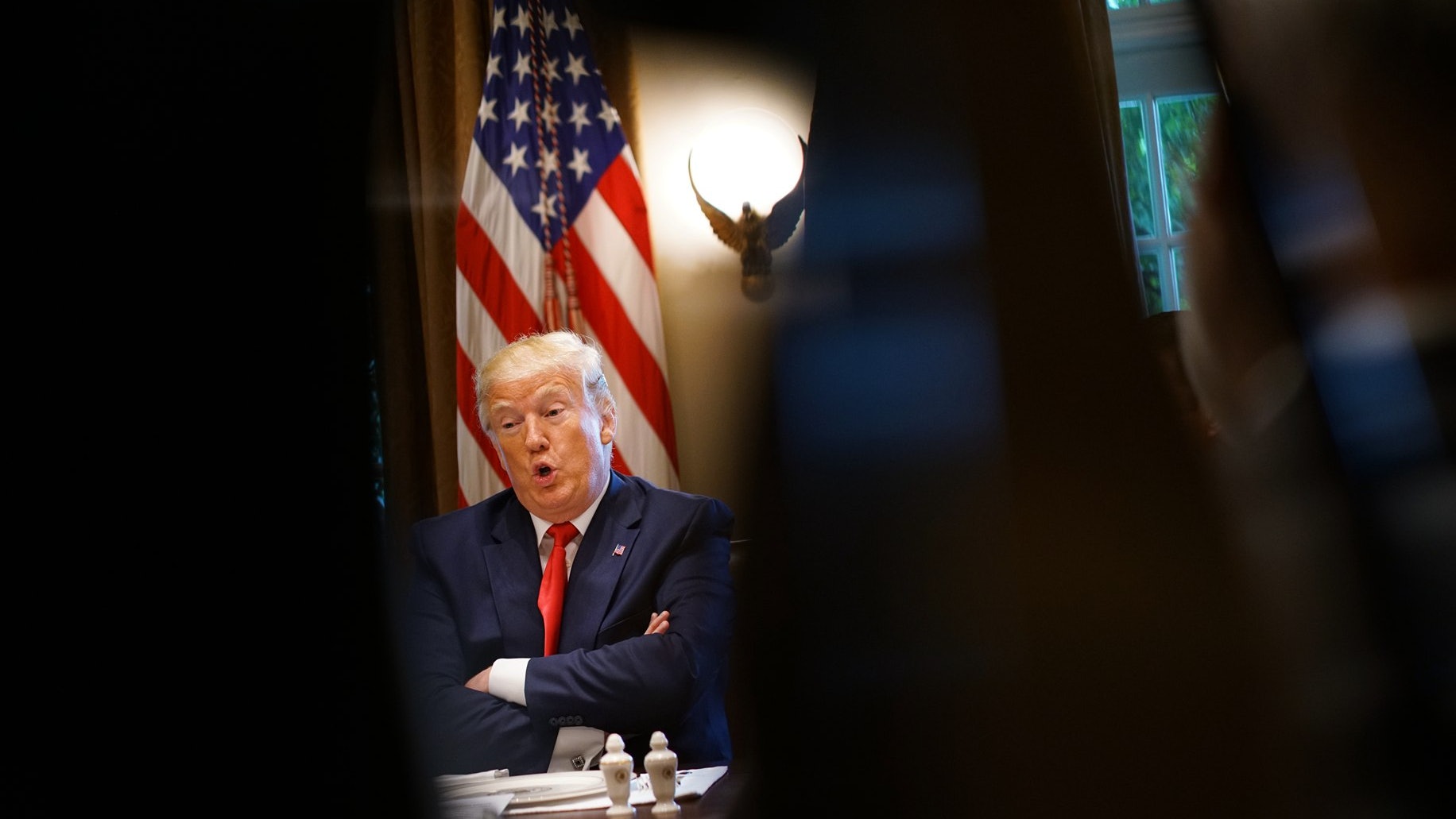China’s Ministry of Commerce announced on September 5 that Chinese Vice Premier Liu He should talk to US Trade Representative Robert Lighthizer and US Treasury Secretary Steven Mnuchin. The two sides agreed to hold the thirteenth round in Washington in early October. Sino-US high-level economic and trade consultations.
On the occasion of the new round of consultations, US President Donald Trump told reporters at the White House on September 4 that the United States does not want to talk about the issue of Huawei, the Chinese telecommunications company, in the US-China negotiations.
In the Sino-US trade negotiations, the Trump administration saw Huawei as a bargaining chip with China. In December 2018, before the expedition, Huawei’s senior executive Meng Xizhou was arrested. In June 2019, the U.S. It is a proof that the use of loosened Huawei for China to buy more American agricultural products, etc. Trump even said in May 2019: “If we reach an agreement, I can imagine that Huawei may appear in some form in a trade agreement or as part of a trade agreement.”
The new round of trade negotiations between China and the United States is just around the corner. Why is Trump not willing to talk about Huawei?
From a realistic point of view, Trump is hoping to use pressure on Huawei to buy more American agricultural products. After the Osaka Special Olympics, the two sides agreed not to impose new tariffs. Trump also publicly promised to allow US companies to resume selling products to Huawei, and said China agreed to purchase US agricultural products.
During the period from July 19 to July 30, some Chinese importers and US companies reached new deals on the purchase of US agricultural products. But on August 2, Trump suddenly announced a tax increase on China’s $300 billion worth of products. China announced on August 6 that it would suspend new US agricultural products.
Trump’s use of Huawei for agricultural products has been frustrated. China does not want to use Huawei as a tool to solve the deadlock between China and the United States. When Trump’s action on Huawei does not really make Beijing make concessions, he will stand. Let’s not talk about Huawei. Of course, this does not mean that he gave up the chip of Huawei, but is waiting for a suitable time in exchange for more concessions from Beijing.
Moreover, this is in line with the “shrinkage” practice of the Trump administration on the issue of Huawei after the Osaka Special Olympics. After Trump announced the release of Huawei on June 30, White House economic adviser Larry Kudlow said the US government did not remove Huawei from the “physical list.”
On August 7, the White House announced that it would ban US federal government agencies from directly purchasing communications, video surveillance or service equipment from Chinese companies such as Huawei, ZTE and Hikvision from August 13. On August 9, Trump said that the US government will not issue licenses to Huawei companies for sales to Huawei. On August 19th, the US Department of Commerce announced the extension of Huawei’s “temporary universal license” for 90 days, and will also include another 46 Huawei subsidiaries in the entity list.
After a series of actions by the United States against Huawei, the United States has again negotiated Huawei’s problems with China, and there is not much room for negotiation. In this case, there is no need to talk about it.
Finally, according to Trump, he did not want to talk about Huawei because “this is a national security concern. Huawei is a huge worry for our military and our intelligence department.” Huawei’s rapid development in the fifth-generation communication technology (5G) has already triggered US vigilance.
US Vice President Mike Pence said on September 3 that the US and China will continue negotiations, but will also guard against Huawei. US Secretary of State Mike Pompeo also stressed on August 20 that “the US position on Huawei is unequivocal. Installing China’s telecommunications equipment in the US communications network or in any region of the world is a huge threat.”
From Burns to Pompeo to the White House National Security Assistant John Bolton constantly stressed that Huawei poses a threat, indicating that the White House has reached a consensus on Huawei’s toughness, not to mention that Congressmen have been asking Trump not to let Huawei go. .
The US political circles are “looking at Huawei”, not only because it is a Chinese company, but also because it challenges the United States in terms of technology. This has risen to the level of competitiveness of the country. If there is a new round of trade negotiations between China and the United States, Trump will still use Huawei as a bargaining chip. In exchange for short-term visible results, it will inevitably lead to domestic dissatisfaction. Trump wants to appease the voice of the country and shape him as a leader with long-term vision.












